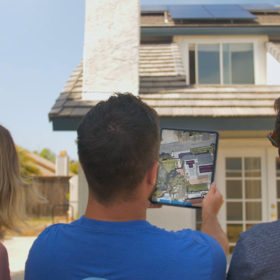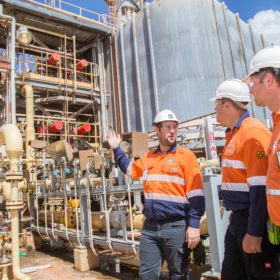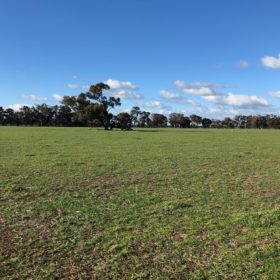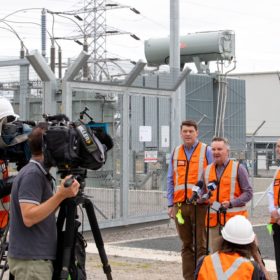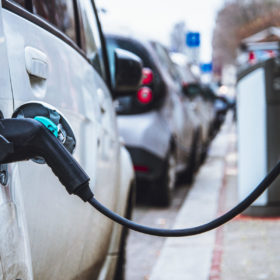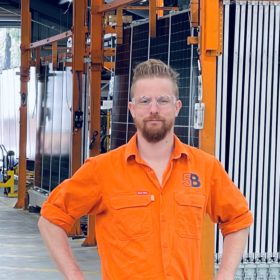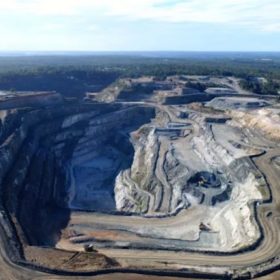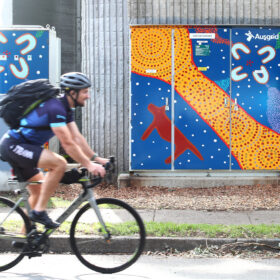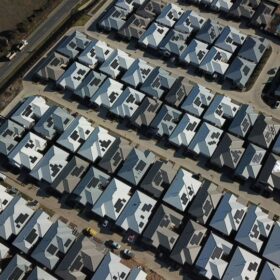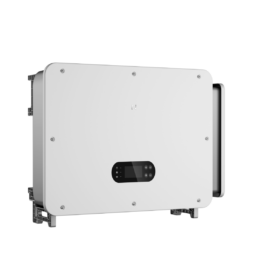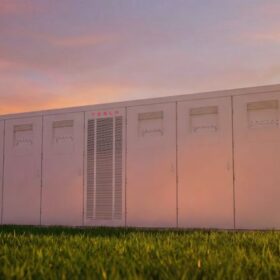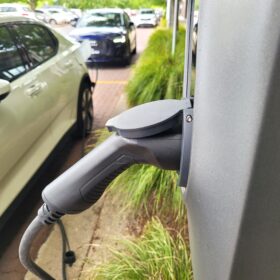Danish renewables giant buys Queensland clean energy hub
Danish investment firm Copenhagen Infrastructure Partners has sharpened its focus on long-duration storage in Australia, announcing it has acquired the proposed Bowen Renewable Energy Hub project that is expected to combine 1.4 GW of pumped hydro storage with huge solar and wind generation.
OpenSolar to boost online PV platform capability with $22 million injection
Australian software company OpenSolar plans to speed the development of its free online solar design and sales platform and drive customer expansion globally after securing a funding injection of more than $22 million (USD 15 million).
Hydrogen dominates Australia’s energy value future as earnings from critical minerals surge, resources report finds
Investment and forecast revenue from Australian resources critical to low-emissions energy technologies has grown dramatically in 2022, federal government reports find. The forecast export earnings from critical minerals has grown 50% in the year, while hydrogen projects now make up the nation’s largest single component by value, though in a highly speculative form.
FRV reaches financial close on another solar farm, second big battery to come
FRV Australia has reached financial close on its Walla Walla Solar Farm thanks to a PPA with Microsoft. The company is also progressing its second big battery in Australia, the 250 MW / 500 MWh Gnarwarre battery in Victoria, after winning support from the Australian Renewable Energy Agency.
ARENA big battery deal to deliver 4.2 GWh of energy storage
The Australian government has announced a $176 million (USD 117.5 million) funding injection which it expects will unleash almost $3 billion of investment in advanced battery technology, delivering a step change in grid-forming capability across the National Electricity Market.
The questions still holding back broader EV adoption in Australia
Des Hang on the three main doubts that still linger around Australia’s burgeoning electric vehicle (EV) industry.
5B to ramp up expansion plans after bp provides $20 million backing
Australian modular solar manufacturer 5B has secured a $20 million (USD 13.7 million) investment from the venture arm of British energy giant bp which will allow it to accelerate the development of its preassembled and relocatable modular solar technology.
More CFOs will soon oversee supply chain management to prevent cost blowouts
The cost of megaprojects is becoming increasingly difficult to estimate, which is causing budget blow outs. Analysis by the Grattan Institute shows that governments in Australia spent $34 billion more on transport infrastructure than first estimated, and that there was a 21% total cost blowout of $20 million-plus projects in the past 20 years. This is a strong example of the need for chief financial officers (CFOs) to participate in managing the cost of inflation through improved communication with stakeholders across supply channels.
Lightsource bp lands finance for Australian solar farms
Renewable energy developer Lightsource bp will begin full construction activities on two large-scale solar projects with a combined installed capacity of 515 MWdc in Australia after successfully closing a $540 million (USD 365 million) financing package.
India funds no new coal in 2021
The renewable energy sector (solar and wind) recorded project finance deals worth INR 33,893 crore ($6,832 million) in 2021. No new project finance for coal was reported.
